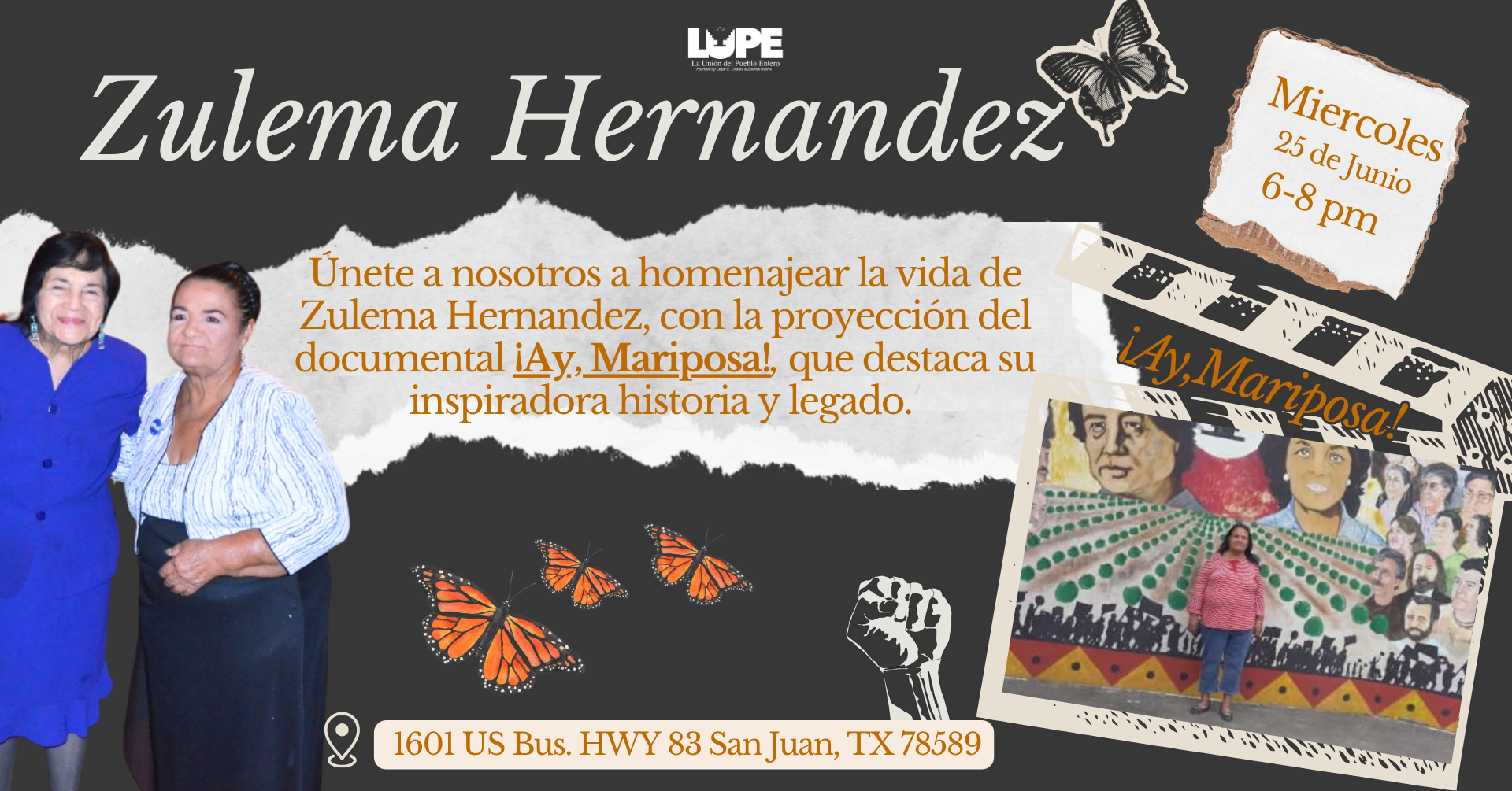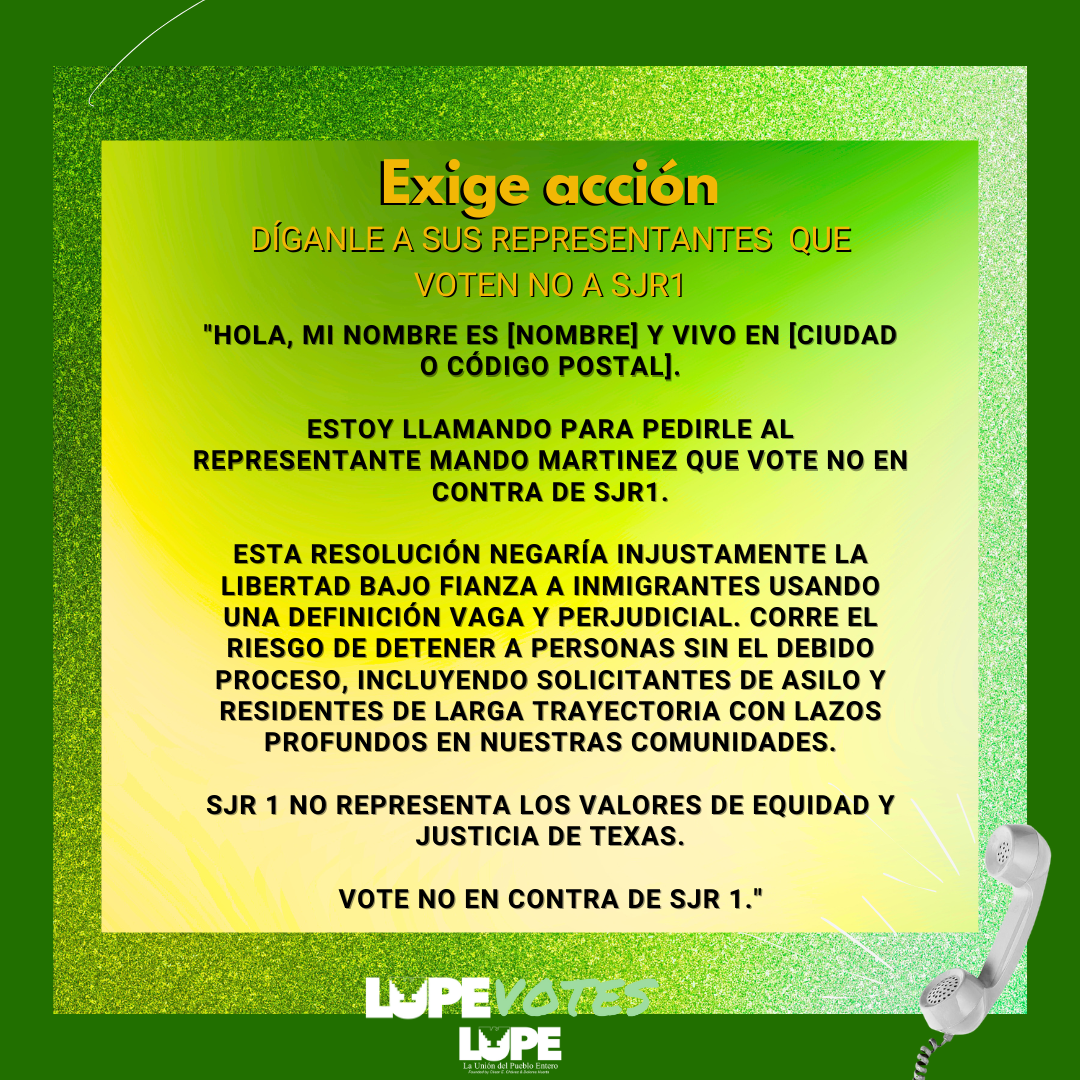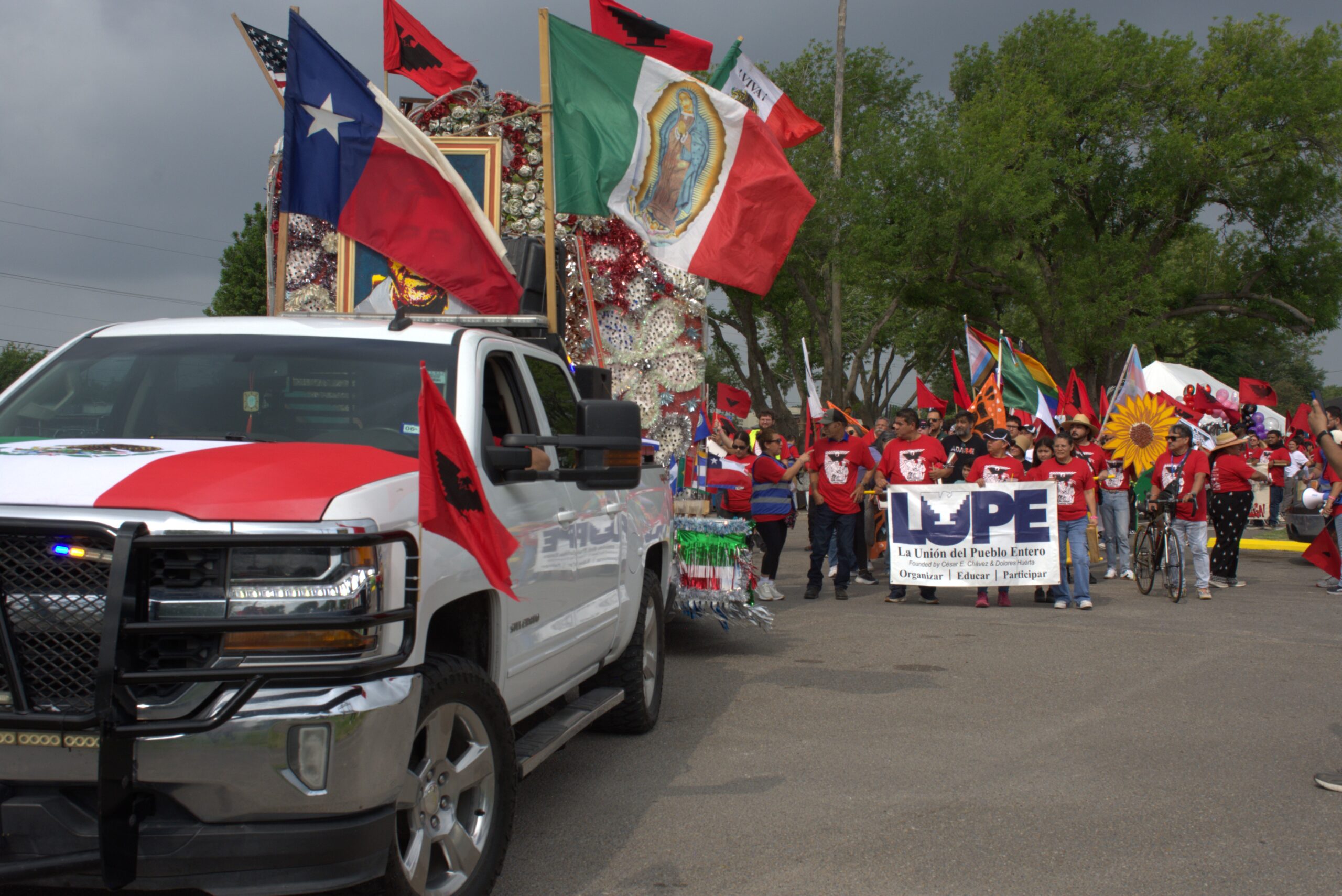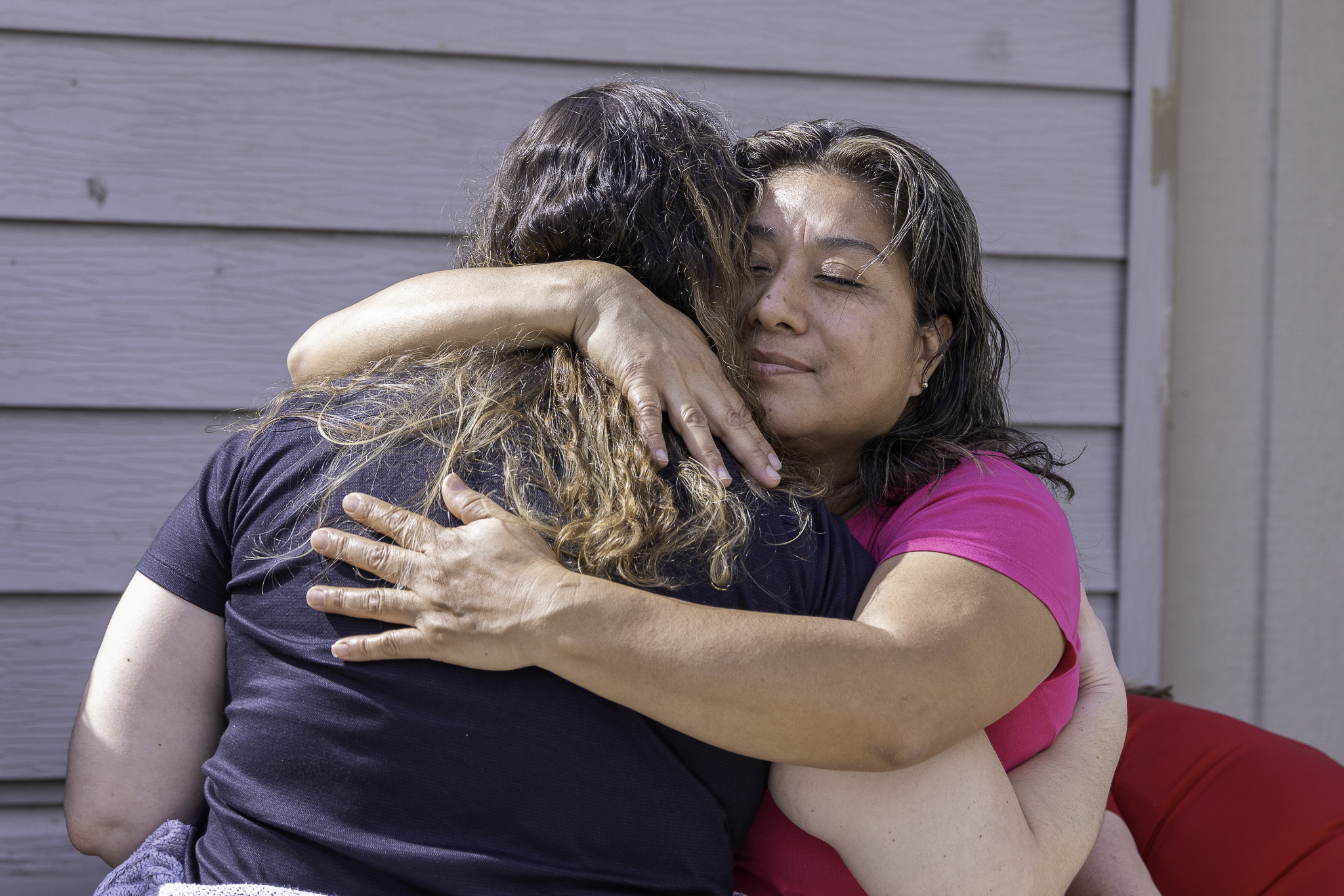
“Part of my family there, part of my family here. How do I do it?” New American immigrants battle with the threat and reality of separation from their loved ones due to laws like SB 1070.
Take action: The President can prevent SB 1070 from doing further damage immediately by refusing to deport it's victims. Tell the President to suspend S-Comm in Arizona.
In a divided decision, the Supreme Court did not block the “papers, please” provisions of SB 1070, Arizona’s hateful racial profiling law. The issue before the court was one of federal preemption, not the obvious intent of the law to strike fear into immigrant families.
To be clear, this provision was presented to the Justices as a technical legal matter of federal preemption. The Court did not rule on the tendency of the law to be discriminatory. But everyone knows what “papers, please” is about – targeting one community for “elimination through attrition,” in the words of the laws’ proponents.
Racially profiling a segment of the American population is not the answer to border security and immigration reform. It is a violation of our neighbors' civil rights and freedoms, and, if the law does ultimately go into effect, will take this country back decades to a time when freedom for all was only a theory not a practice.
This provision has been roundly criticized by both law enforcement and constitutional law experts, many of whom stated that it would be impossible to implement them in a race-neutral manner.
For those reasons, we are confident that all of this law and others like it will ultimately be struck down as discriminatory racial profiling, as preempted by federal law, or both.
The Court correctly struck down wrongheaded policies that would have pushed families, workers, and senior citizens into the criminal justice system. This shows that the Texas Legislature was right to listen to immigrant advocates and reject similar laws for our own state.
But the Court made a grave error in upholding the discriminatory “show me your papers” provision that violates people’s basic rights. Those Justices are out of touch with what this law means in Arizona communities and embolden the anti-immigrant sentiment of ideologues and legislators that would use immigrants as a scapegoat to divert attention from major problems such as a lack of good jobs and the capture of our political system and economy by the rich and powerful.
But this is not the final word on “show me your papers” laws. The court said it is too soon to tell whether or not federal law preempts this one portion of the law. And the decision leaves open further litigation once the law gets applied and targeted individuals can challenge its constitutionality on equal protection grounds. Anti-discrimination suits are pending, and we join human rights organizations in Arizona and all along the border in calling on the U.S. Department of Justice to be vigilant in stepping up civil rights enforcement.
The bottom line, however, is that we need comprehensive national immigration reform. We need an immigration system that is fair and practical, not a patchwork of policies that makes a broken system worse.
Correction: The Supreme Court's decision does not give the go-ahead to the “papers, please” portion of the law as of right now. Pending law suits will move forward based on this ruling, which will help shape the ultimate outcome of this law. Federal courts may still rule the provision unconstitutional based on the outcome of those cases.








